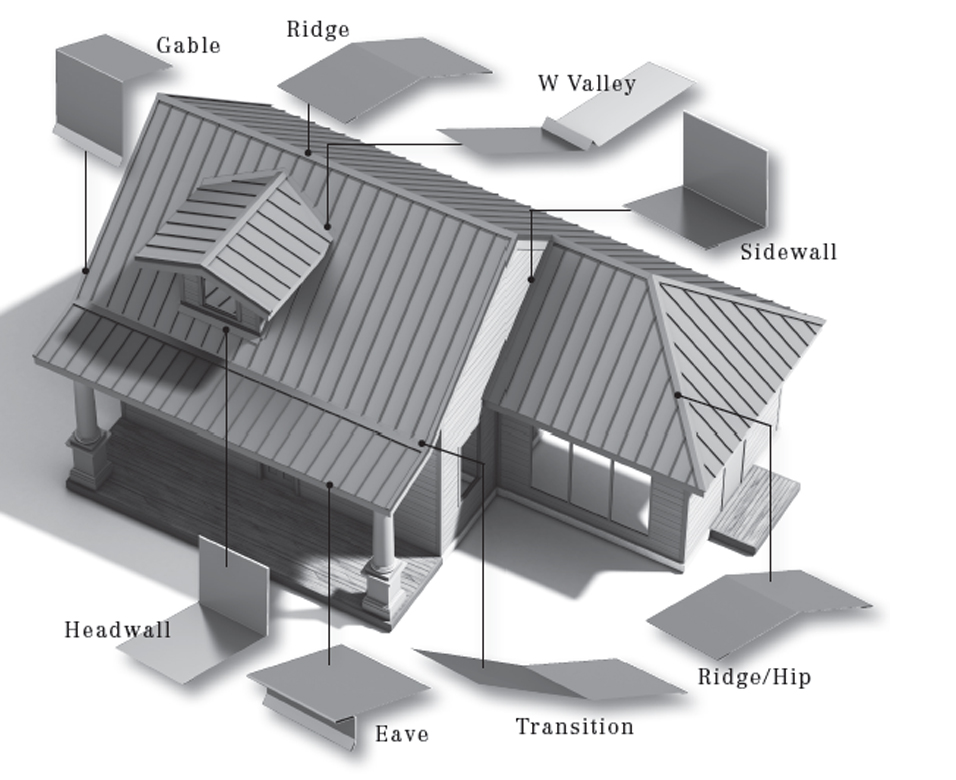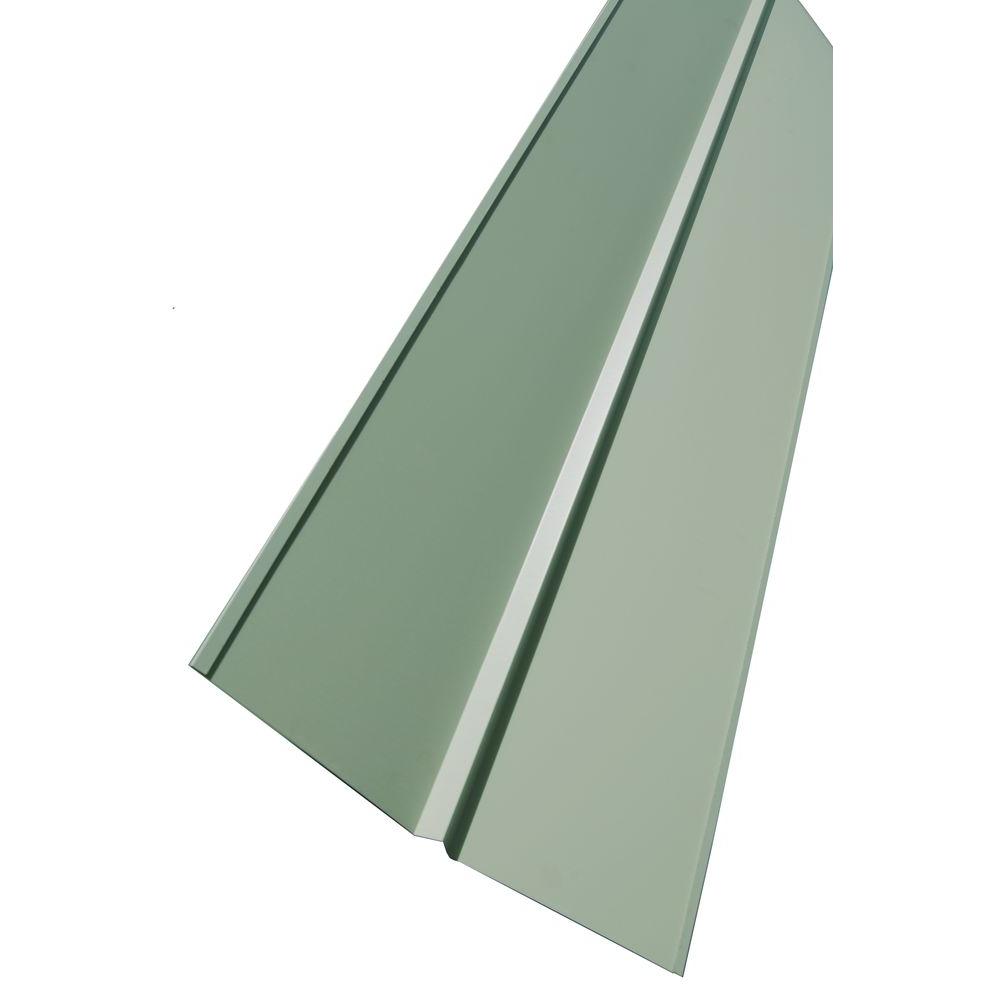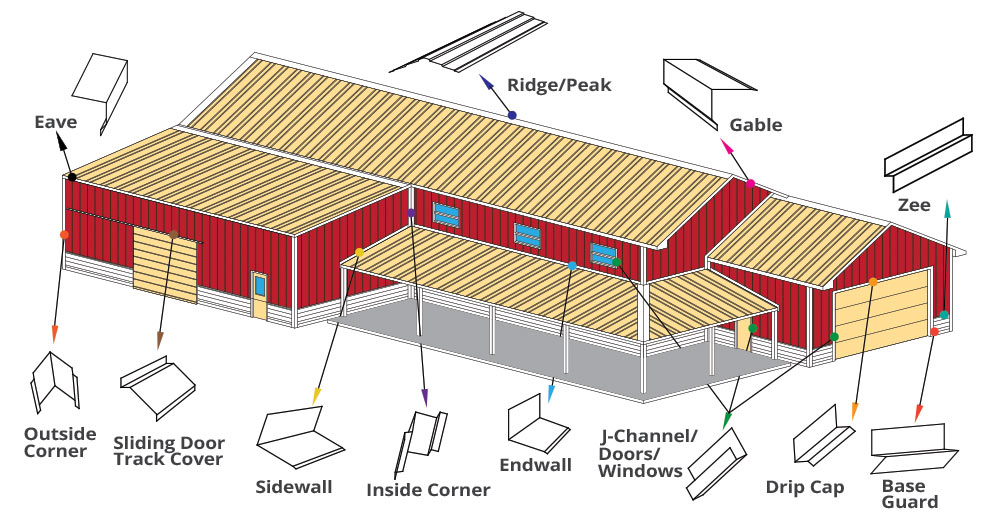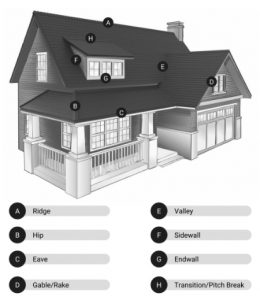Transition Valley Trim Metal Roof

Drip edge metal valley flashing dormer chimney and kick out flashing shed water away from the connections between roofs walls chimneys and other building assemblies this collection of 18 articles animations and videos identifies the critical roof flashing areas illustrates durable roof flashing details and shows how to flash roofs.
Transition valley trim metal roof. Fold the top over the roof ridge and cut the bottom along the drip edge metal. Gambrel and transition trim flashing and coping ridge hip flash part length gauge girth weight each ag 202 10 2 29 13 8 37 ag 203 20 2 29 13 16 74 ridge hip part general length gauge girth weight eac. Specify roof slope or angle indicated on drawing part length girth gauge weight each ag 263 10 6 8 1 2 29 4 21 ag 263 10 2 8 1 2 26 5 61 ag 264. Install synthetic roofing underlayment or felt paper according to manufacturer specifications and then install the first piece of valley flashing.
When installing metal valley flashing there are a few things to keep in mind from cutting metal roofing to sealing the flashing. Metal flashing or trim brings the metal panels together and is required by code in most cases. Valley trim valley trim lies under the edges of roof panels where different roof gables come together at an angle. We produce trim in 10 sticks and keep most standard colors and styles stocked.
Metal valley trim also known as metal valley flashing is beneficial because it drains water away from the structure of your metal building which helps prevent moisture damage. The transition is installed under the upper slope panel and on top of the lower slope panel. It runs the length of these valleys. First clean the debris out of the valley including sawdust nails and whatever else is in there.
Valley trim serves a vital role by catching the water coming off these different roof slopes and channeling it off the roof. With a clean valley you can lay down some peel and stick roofing membrane. Transition trim high side transition note. This allows water to flow off the upper panels out over the trim onto the lower panels and exits the roof at the eaves.
We re going to install it over top of the panels that have already been installed on the lower slope. The piece that allows us to join the two different slopes is the pitch transition trim.














































